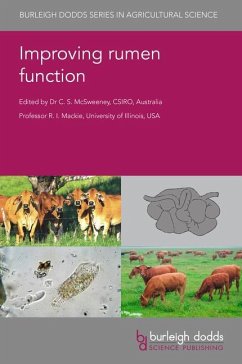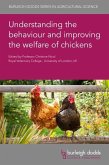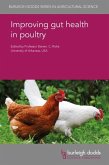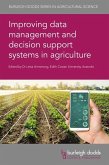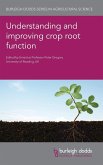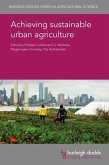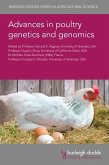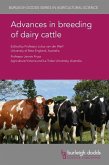Major advances in analytical techniques and genomics have transformed our understanding of rumen microbiology. This understanding is of critical importance to livestock production since rumen function affects nutritional efficiency, emissions from ruminants (such as methane and nitrous oxide) as well as animal health. This collection reviews what we know about rumen microbiota and the role of nutritional strategies in optimising their function for more sustainable livestock production. Part 1 summarises advances in understanding colonisation by rumen microbiota as well as advanced methods for analysing the rumen microbiome. Part 2 reviews recent research on the role of different types of rumen microbiota such as archea, anaerobic fungi, viruses and the rumen wall microbial community. Part 3 discusses the way the rumen processes nutrients such as fibre and protein as well as outputs such as energy, lipids and methane emissions. Part 4 explores nutritional strategies to optimise rumen function, including the role of pasture, silage, cereal feed, plant secondary compounds and probiotics. With its distinguished editors and international team of expert authors, Improving rumen function will be a standard reference for university researchers in ruminant nutrition, government and other agencies seeking to make livestock production more sustainable, commercial animal feed companies and farmers interested in the latest science on improving the nutrition of beef and dairy cattle in particular. Dr Chris McSweeney is a Senior Principal Scientist at CSIRO, Australia, and is internationally-renowned for his research in ruminant gut microbiology and its implications for nutrition and livestock emissions. Dr Rod Mackie is Professor of Microbiology at the University of Illinois at Urbana-Champaign, USA. Professor Mackie is a leading expert on microbial ecology in the ruminant gut and its impact on nutrition and health.

